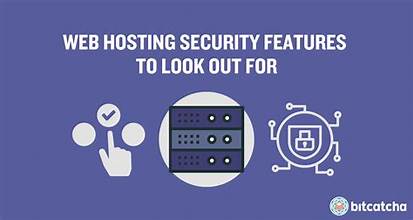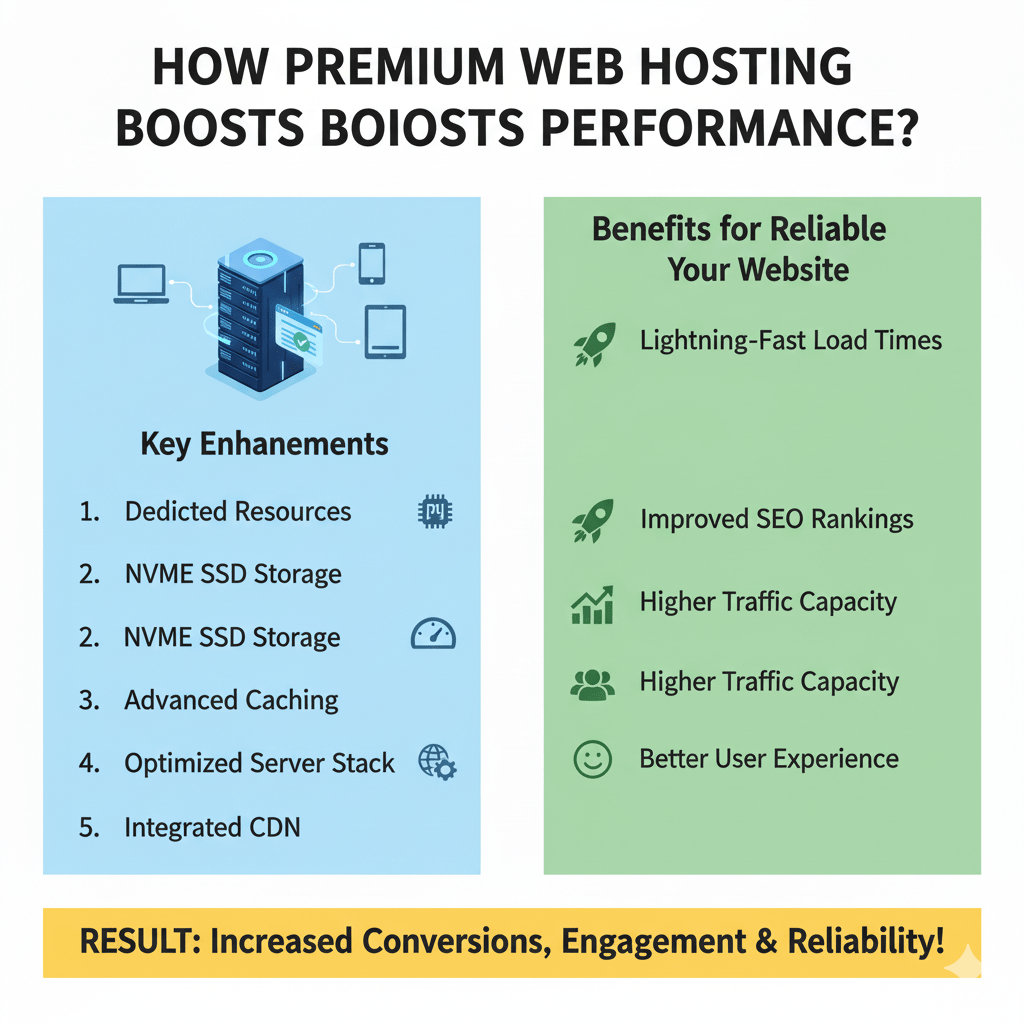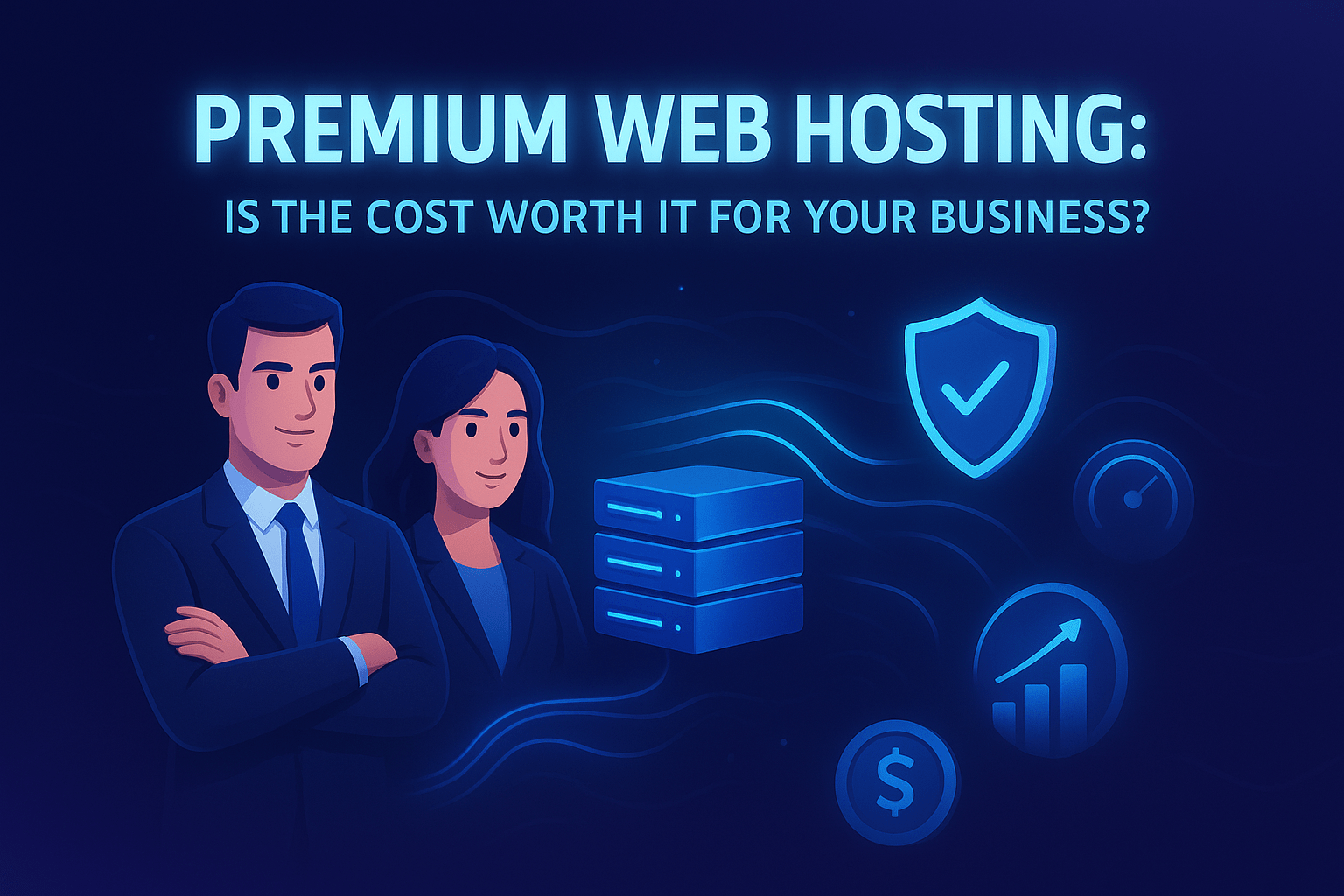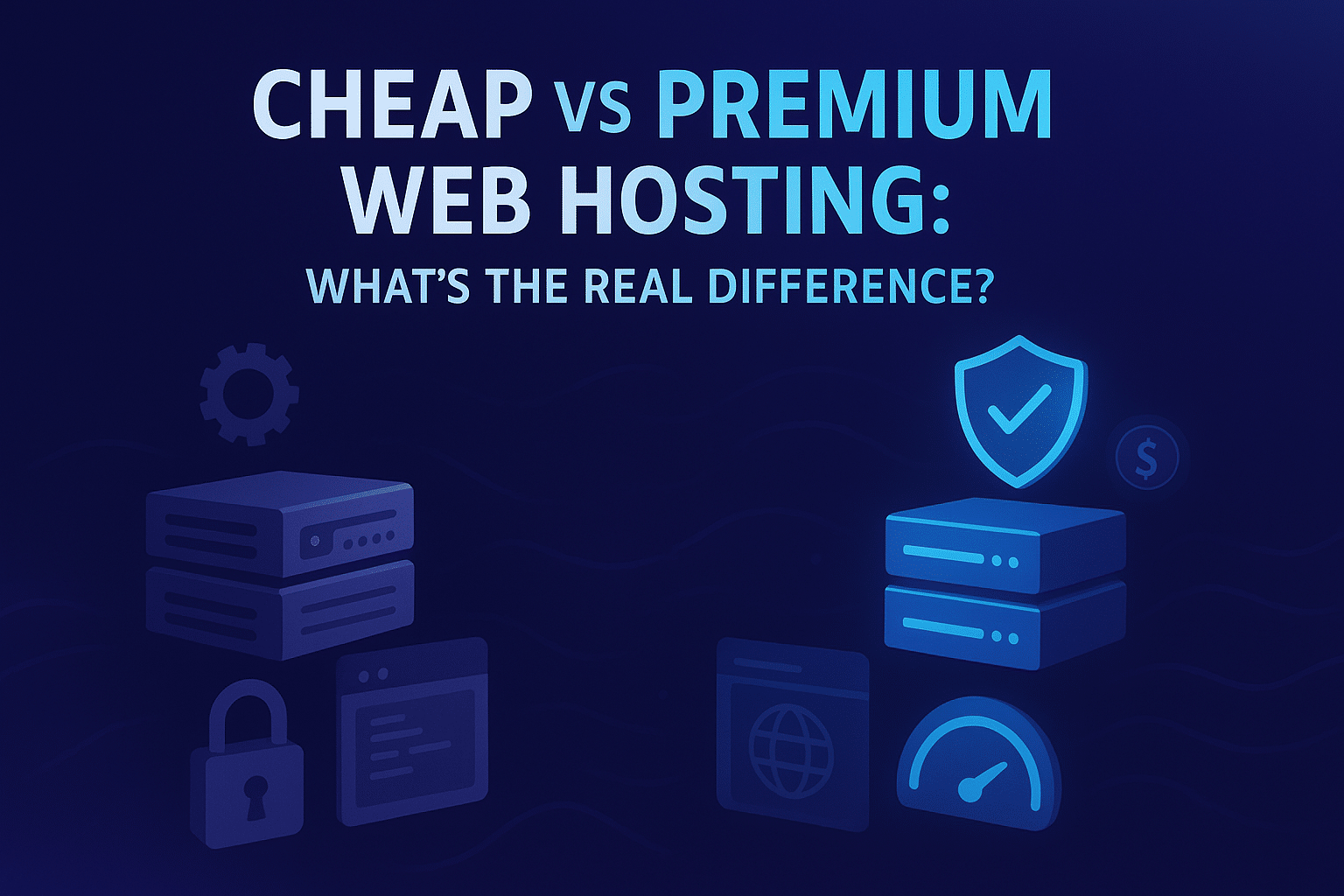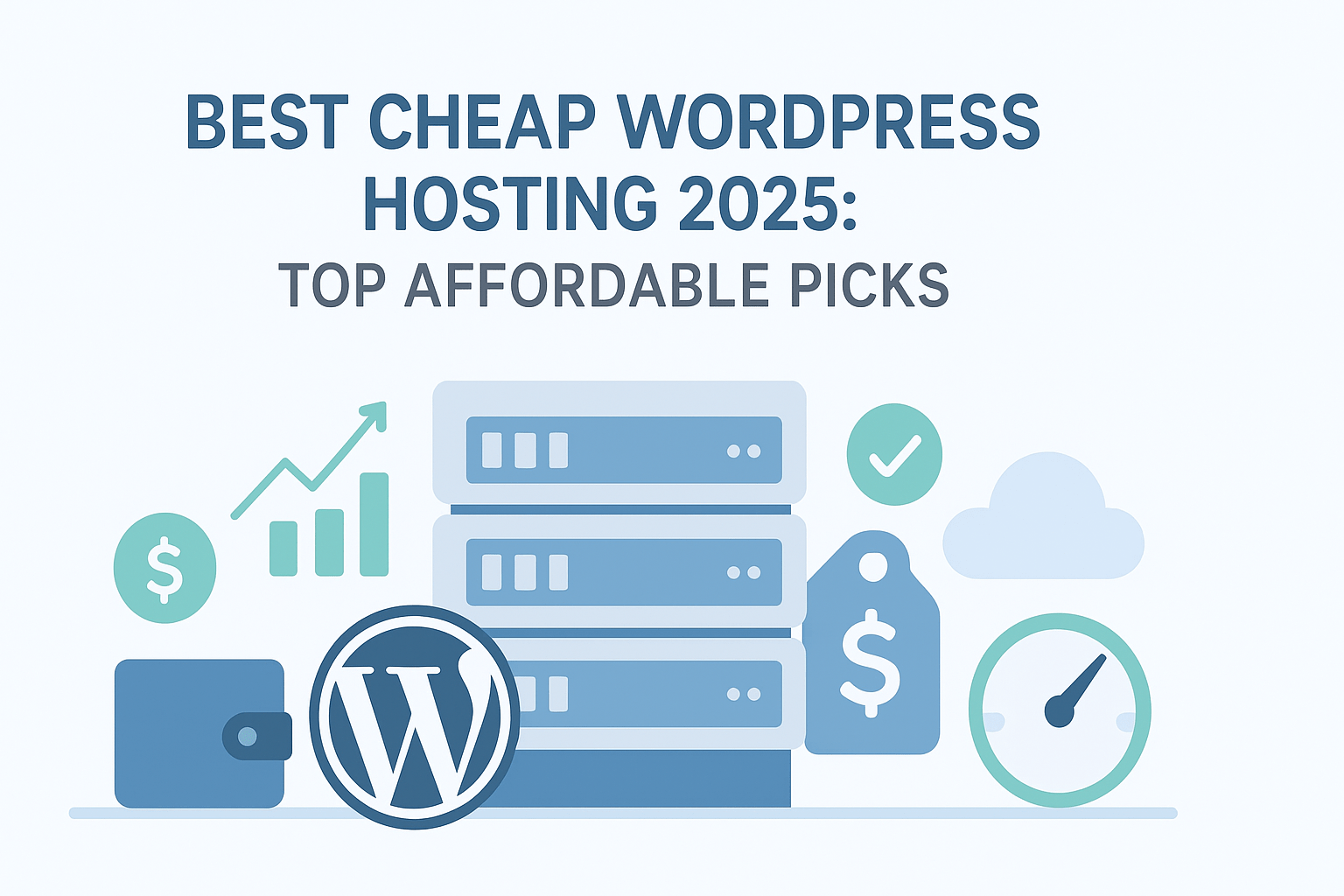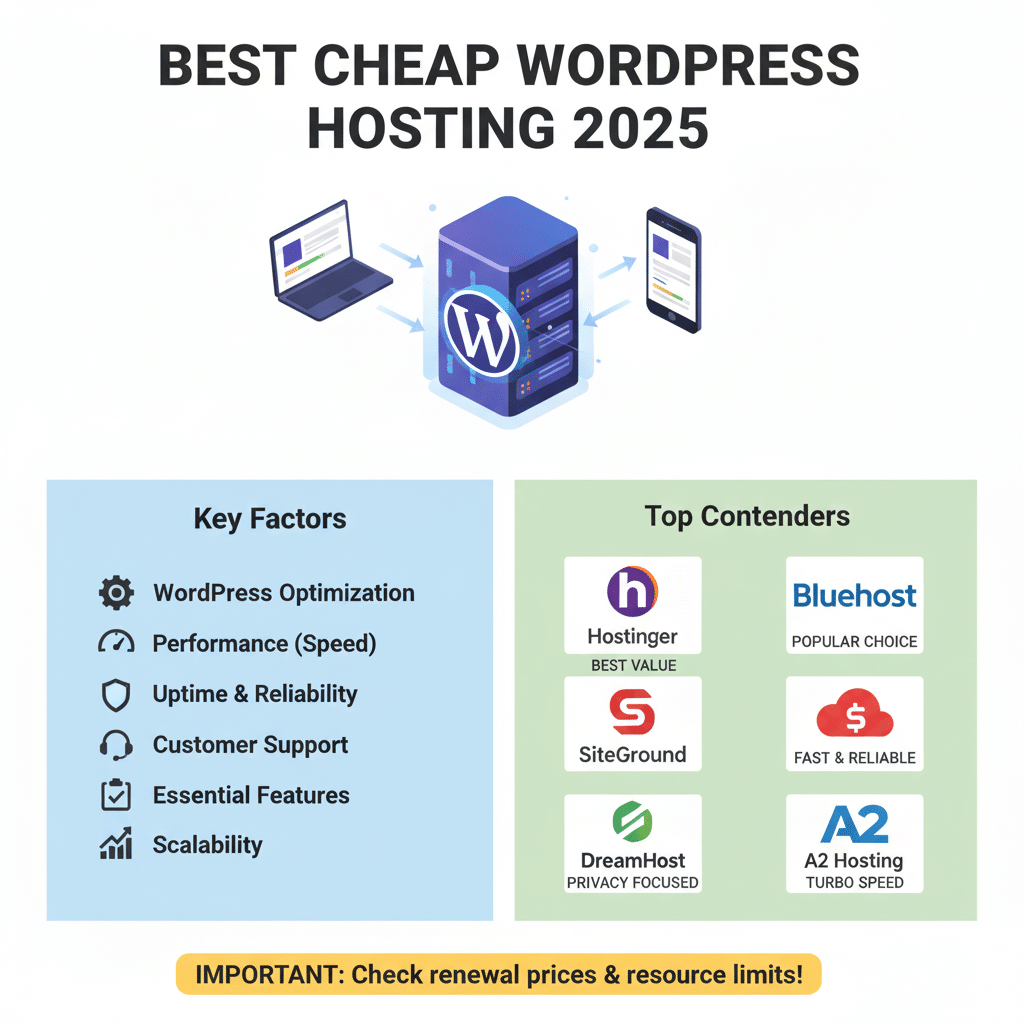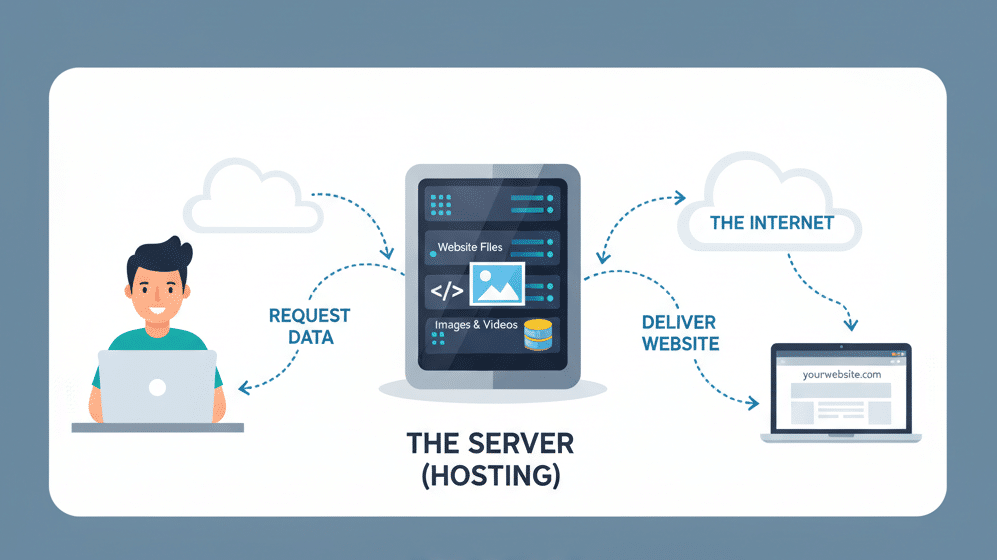The Critical Role of Hosting Security in Today’s Digital Landscape
In today’s hyper-connected world, your website is more than just an online presence—it’s the digital heartbeat of your business. Whether you run an e-commerce store, a startup, or a growing enterprise, your website holds valuable assets: customer data, intellectual property, and brand reputation. Unfortunately, this also makes it a prime target for cybercriminals.
Recent reports highlight a troubling reality: cyberattacks are on the rise, and no business is too small to be overlooked. A single data breach can cost companies millions, not to mention long-term damage to customer trust and SEO rankings. That’s why hosting security is no longer optional—it’s a business-critical requirement.
One of the most effective measures you can implement is the adoption of Intrusion Prevention Systems (IPS): Blocks unauthorized access in real-time.
To help you make informed decisions, let’s explore five essential hosting security features that can protect your digital fortress.
1. Regular Security Audits and Updates
Think of your hosting platform as a castle wall. If it isn’t regularly inspected and reinforced, attackers will eventually find a weak spot. Reliable hosting providers conduct routine security audits to identify vulnerabilities and apply patches before they’re exploited.
- Timely Updates: Shields your website from known exploits.
- Vulnerability Scanning: Detects weaknesses before hackers do.
- Regulatory Compliance: Builds customer trust by adhering to industry security standards.
Regular updates don’t just protect your website—they also keep your SEO performance intact by minimizing downtime and ensuring a safe browsing experience.
2. Advanced Firewall Protection
A firewall acts as your website’s gatekeeper, monitoring traffic and filtering out suspicious activity. Without it, malicious actors have a direct path to your systems.
- Intrusion Prevention Systems (IPS): Blocks unauthorized access in real-time.
- Web Application Firewall (WAF): Protects against common attacks such as SQL injections and cross-site scripting (XSS).
By deploying these defenses, your hosting provider ensures only legitimate traffic reaches your site—keeping your brand reputation and customer data safe.
Understanding Intrusion Prevention Systems (IPS): Blocks unauthorized access in real-time.
3. Comprehensive Data Backup and Recovery
Imagine waking up to find your website wiped clean after an attack or server crash. Without backups, the consequences could be devastating. That’s why automated backup and recovery solutions are essential.
- Automated Backups: Eliminate human error and ensure consistency.
- Disaster Recovery Plans: Minimize downtime and get your business back online quickly.
- Redundant Storage: Keeps multiple secure copies of your data across different locations.
With reliable backup systems, you can rest assured knowing your data—and business continuity—are protected.
4. SSL Certificates and Data Encryption
Data is the new currency, and protecting it is non-negotiable. SSL (Secure Sockets Layer) certificates encrypt data exchanged between your website and its visitors, safeguarding sensitive information.
- Encryption: Prevents data theft during transmission.
- Browser Trust Signals: The padlock icon reassures users their data is safe.
- SEO Benefits: Search engines prioritize secure websites, improving your rankings.
Without SSL, your website not only risks security breaches but also loses credibility with both customers and search engines.
5. DDoS Protection and Real-Time Monitoring
One of the most disruptive attacks businesses face today is the Distributed Denial-of-Service (DDoS) attack, where hackers flood your server with fake traffic until it crashes. Effective DDoS protection and monitoring are critical for uptime and performance.
- Traffic Filtering: Separates legitimate users from malicious traffic.
- Scalable Defense: Handles sudden surges without impacting site speed.
- 24/7 Monitoring: Detects and neutralizes threats before they escalate.
This ensures that your website remains available and trustworthy, even under attack.
Final Thoughts
Your website is your digital fortress, and like any fortress, it needs strong defenses. By choosing a hosting provider that offers regular audits, firewalls, backups, SSL encryption, and DDoS protection, you’re not just investing in technology—you’re protecting your brand, your customers, and your future growth.
In the modern digital landscape, hosting security isn’t a “nice-to-have.” It’s a non-negotiable business strategy that can mean the difference between thriving online or becoming another statistic in the growing list of cyberattack victims.

